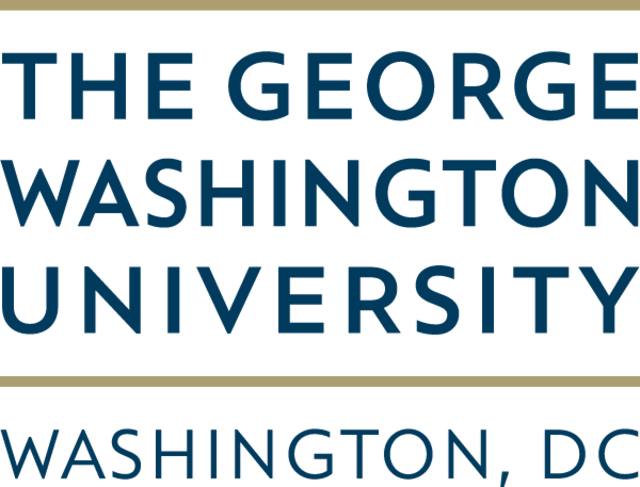Peer Review and Preservation
Full description
Journal Preservation: What Should be Included? Johanna Meetz, Publishing and Repository Services Librarian, Ohio State University
Reducing Bias in Peer Review Through Automated Authorship Checks Mary Uhlmansiek, MA, Director of Business Operations, Ripeta, part of Digital Science
Journal Preservation: What Should be Included? Johanna Meetz, Publishing and Repository Services Librarian, Ohio State University
While preservation of journal content and its metadata is considered an integral part of publishing ethics, the preservation of other ancillary material is not often considered. My short presentation will discuss how a recent server hack brought to light the importance of these ancillary materials–in particular, our journal’s policies, and made me reconsider what materials I include when I think about preservation for our journal publishing program. It will also include a set of best practices I plan to implement moving forward for preserving not only our journals’ content and metadata, but also information found on journal websites, including policies, author guidelines, and announcements.
Johanna Meetz is the Publishing and Repository Services Librarian at Ohio State University, where she oversees the institutional repository and publishing programs. She holds an MA in Library and Information Science as well as a Graduate Certificate in Book Arts and Book Studies from The University of Iowa. She also holds an MA in Religious Studies from the University of Missouri.
Reducing Bias in Peer Review Through Automated Authorship Checks Mary Uhlmansiek, MA, Director of Business Operations, Ripeta, part of Digital Science
Despite publisher and editor best efforts, the peer review workflow is still fraught with biases. Lee (2012) identified over 15 different ways in which bias is introduced through the peer review process. Those biases that deal with authorship are some of the most fraught given the gatekeeping that occurs and locks out diverse voices. While the work and effort to increase representation is ongoing, there are some new tools and applications that are advancing in our community to assess authorship in an unbiased manner. This presentation will highlight the historical and ongoing issues with bias in authorship and provide an overview of some of these tools.
Mary Uhlmansiek has a Masters in Clinical and Experimental Psychology and currently oversees business operations at Ripeta, part of Digital Science. She has over twenty-five years of experience in academic research, including: supporting initiatives related to data-sharing and research reproducibility; overseeing repositories and developing data use policies; implementing software solutions for research operations and data management; conducting regulatory review of research; and coordinating a sensitive research program for survivors of interpersonal violence and PTSD.
Comments
to view and add comments.
Annotations
No one has annotated a text with this resource yet.
- typeVideo
- created on
